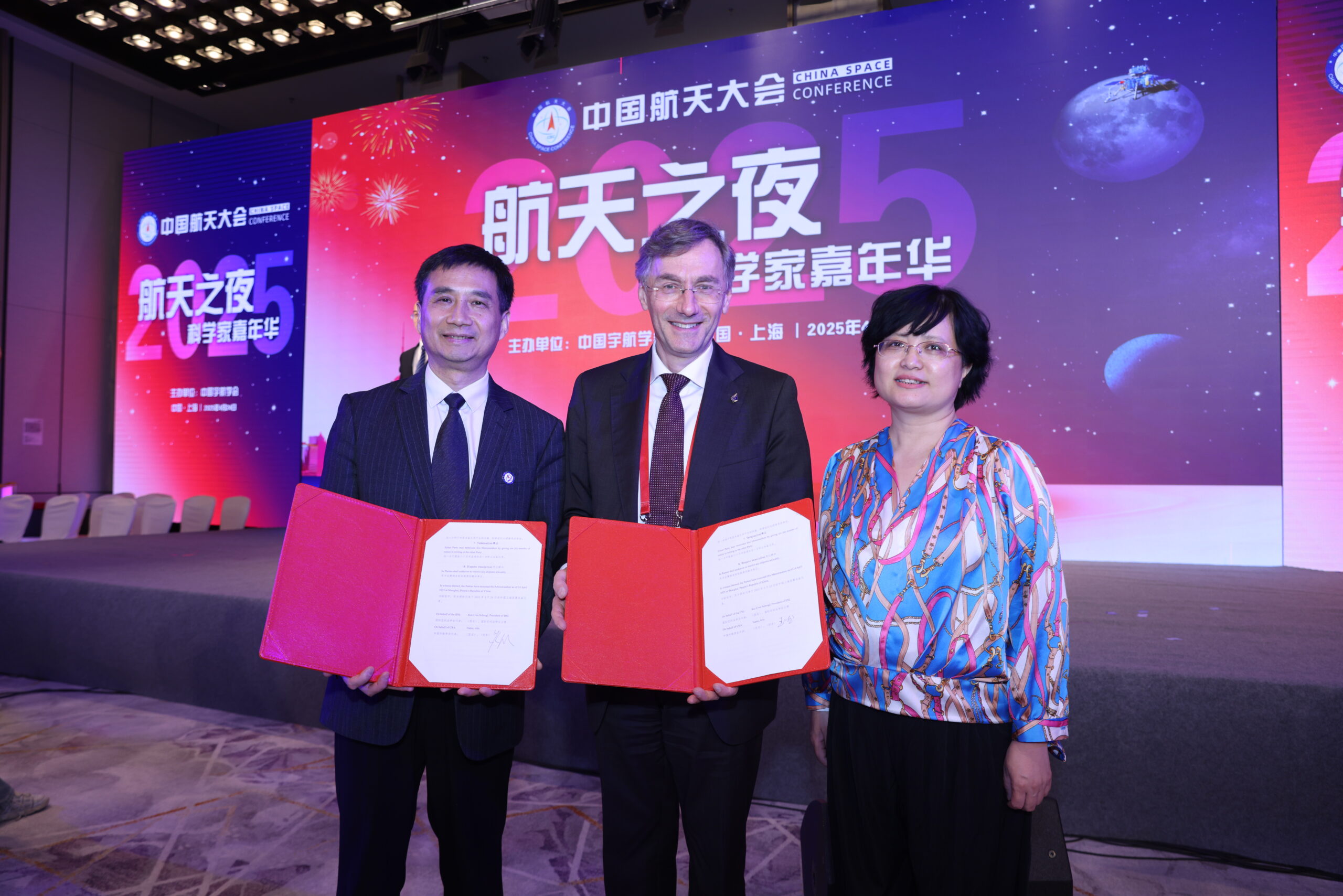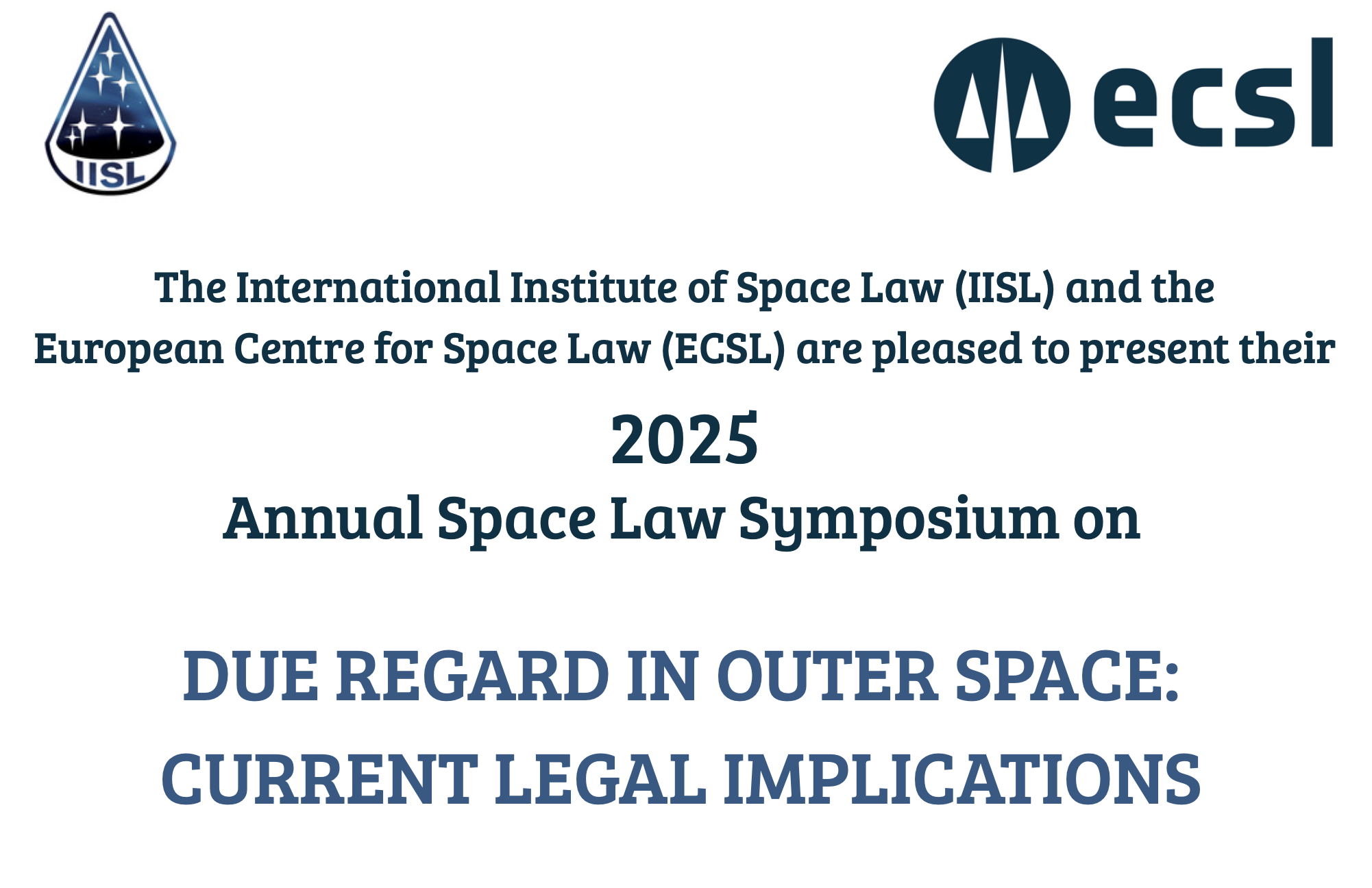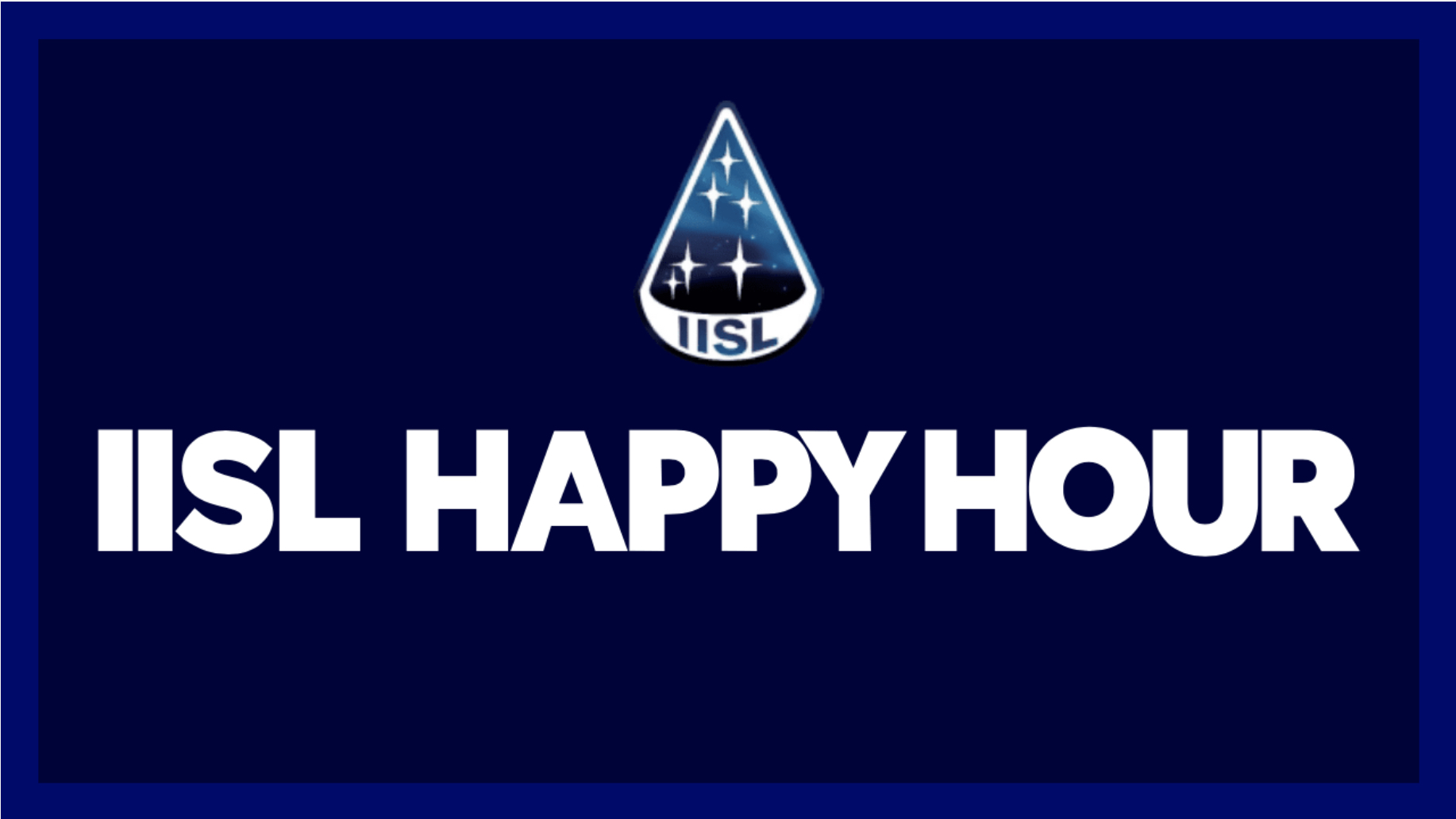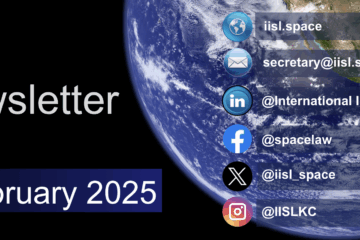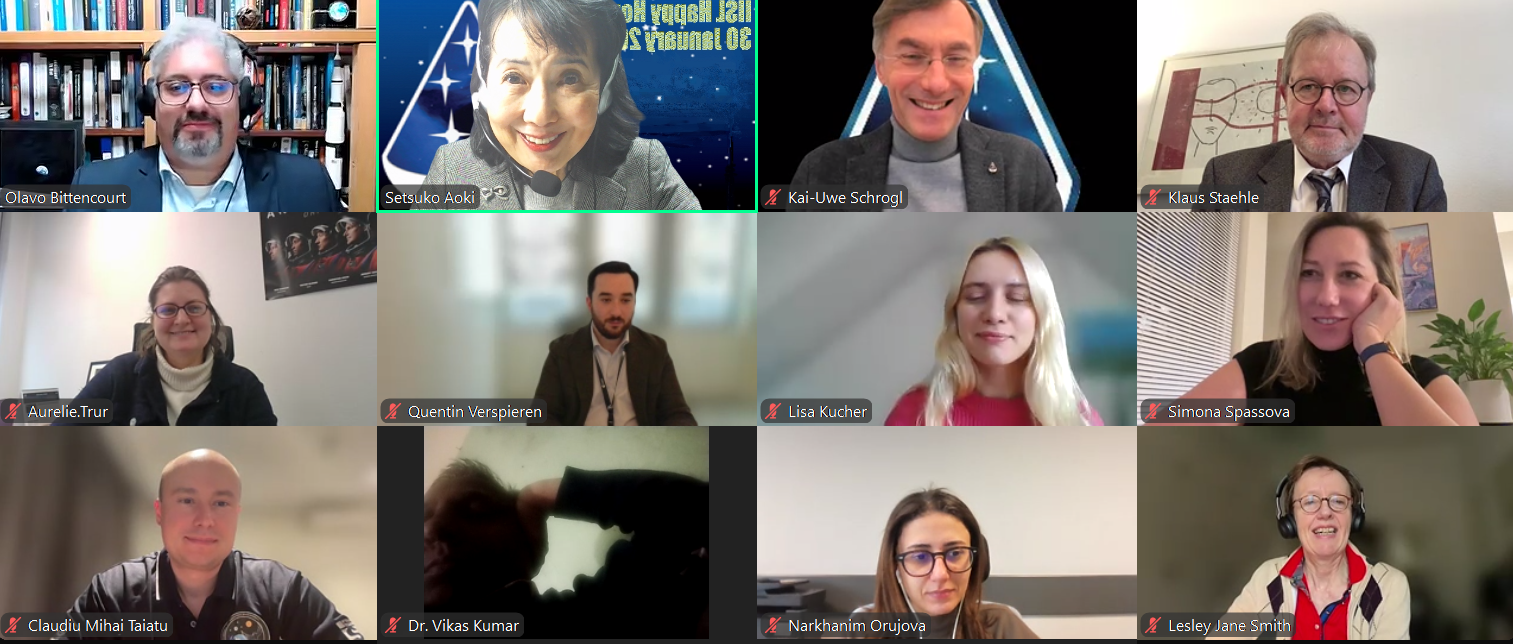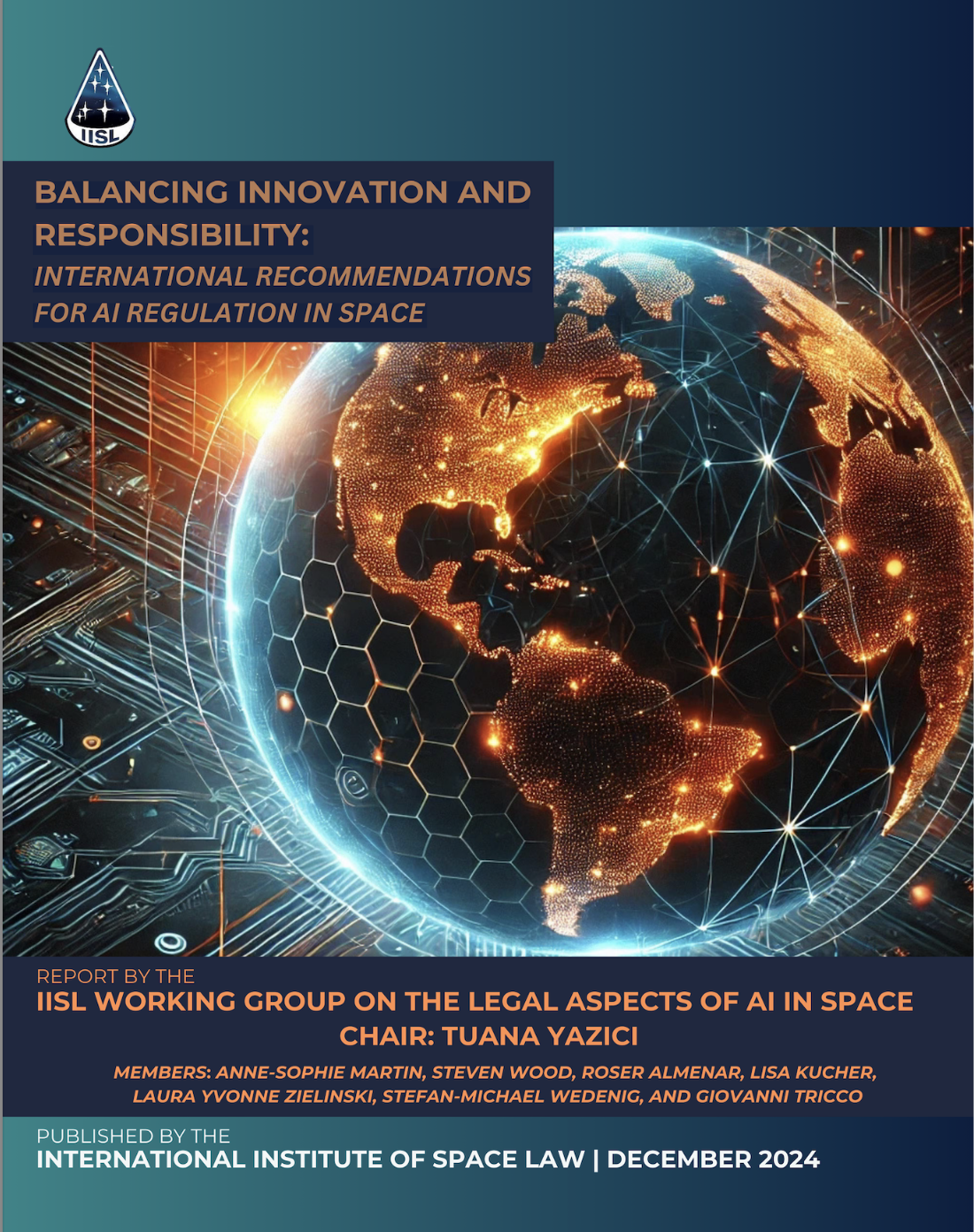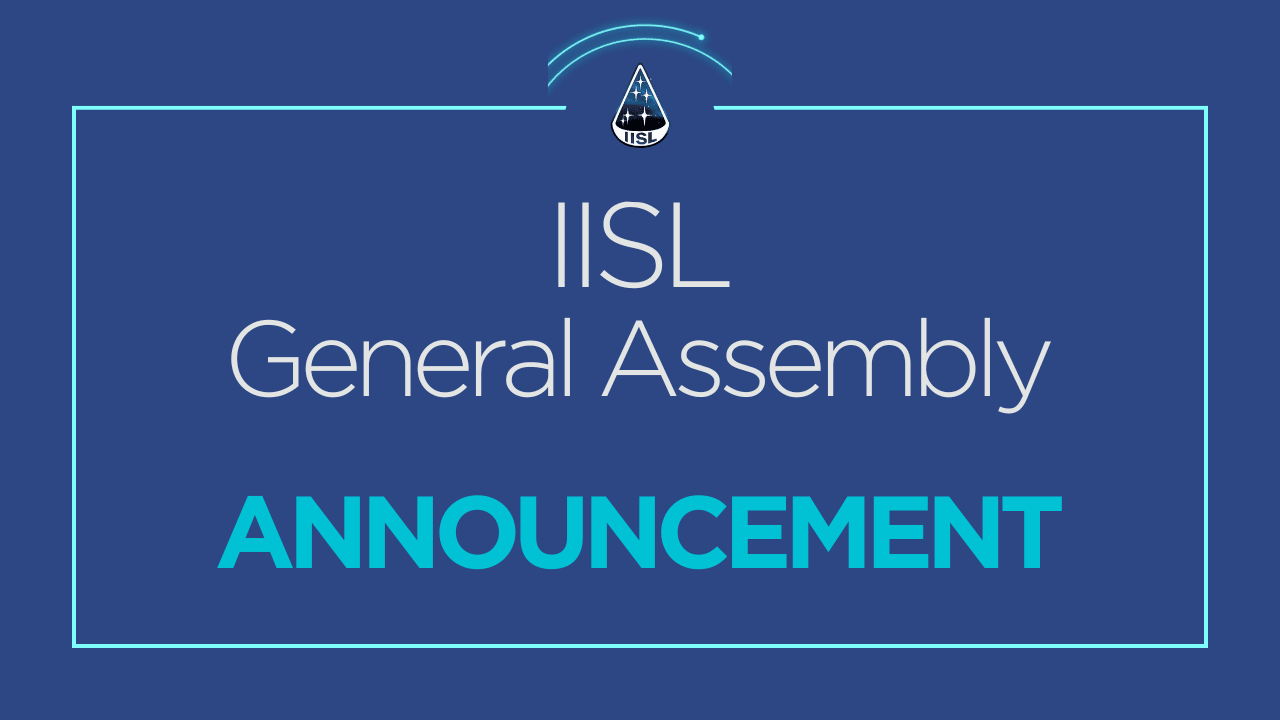IISL strengthens cooperation with China
At the occasion of the 2025 Space Day of China which was organized by China National Space Administration (CNSA), and the 2025 China Space Conference which was organized by Chinese Society of Astronautics, during April 23-26 in Shanghai, China, the IISL President Kai-Uwe Schrogl and the CSA Vice President and Read more
